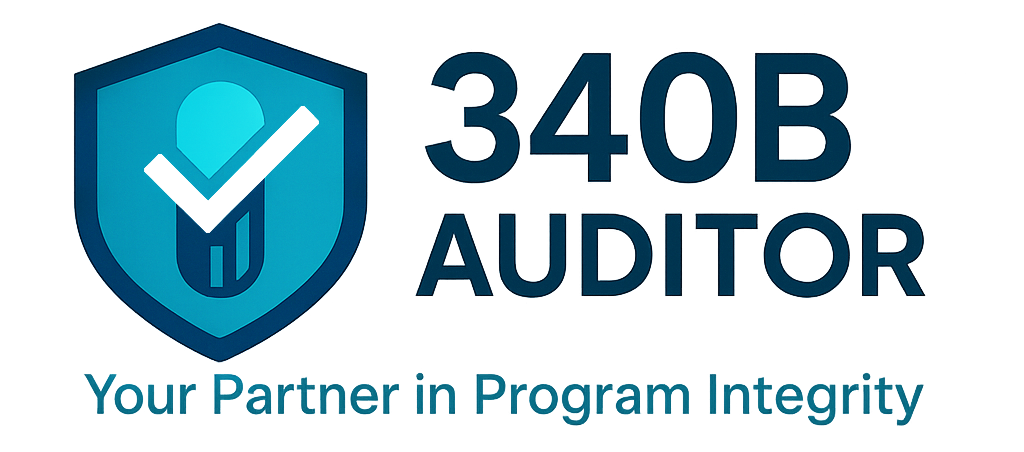HRSA Tightens Documentation Requirements for STD and TB Clinics in 340B Registration and Recertification
On August 7, 2025, the Health Resources and Services Administration (HRSA) published a Federal Register notice (90 FR 38167) proposing revisions to the enrollment and annual recertification process for covered entities in the 340B Drug Pricing Program. While many of the changes are minor clarifications, this Notice is a key update directly affecting Sexually Transmitted Disease (STD) and Tuberculosis (TB) grantees — particularly those relying on in-kind contributions funded by Section 318 grants.
What’s Changing?
Historically, HRSA policy has allowed 340B eligibility for entities that receive in-kind contributions — such as staff support, medical supplies, or other non-monetary resources — paid for with qualifying federal grant funds under Section 318. These contributions, when identifiable to the project, have been considered equivalent to receiving “funds” under the statute.
The new proposed rule does not reverse that policy. Instead, HRSA is tightening the proof requirement.
Under the proposed changes, STD and TB covered entities must now provide supporting documentation to demonstrate eligibility at both initial registration and recertification (if requested), including:
Federal Grant Notice of Award (NOA) — showing grantor, grant number, funding period, and recipient.
Formal Subrecipient Agreement — if applicable, including recipient and subrecipient details, the grant and NOFO number, and the terms and conditions of support.
Why This Matters
For entities operating under in-kind support arrangements, the new requirement introduces a compliance risk. If the in-kind contributions are not formalized in a written agreement referencing the federal grant, HRSA may determine that eligibility is not sufficiently documented during recertification.
In practical terms:
Entities with cash subawards already have clear paper trails.
Entities with in-kind support must ensure that documentation ties the contribution directly to Section 318 funds.
Failure to prepare this documentation in advance could result in delays — or worse, loss of 340B eligibility.
Compliance Action Plan
340B-covered STD and TB clinics should take the following steps now:
Locate the Current NOA
Keep an up-to-date copy of the primary grantee’s NOA in your compliance file.Secure a Formal Agreement
If your eligibility is based on in-kind support, work with your grantor (e.g., a state health department) to execute a Memorandum of Understanding (MOU) or subrecipient agreement. This should:Name your organization and site address
Reference the relevant federal grant and NOFO number
Specify the in-kind support provided and confirm it is funded by Section 318 grant dollars.
Maintain Ongoing Documentation
Assign internal responsibility for updating these records before each recertification cycle.Participate in the Comment Period
Stakeholders may wish to submit comments by October 6, 2025 to request clarification that in-kind arrangements remain valid, provided they meet the funding-source requirement.
Beyond STD/TB Clinics
The August 7 notice also includes smaller changes for other covered entity types, such as Family Planning clinics, Urban Indian/Tribal organizations, and hospitals — mainly clarifying data field requirements and aligning terminology with CMS.
